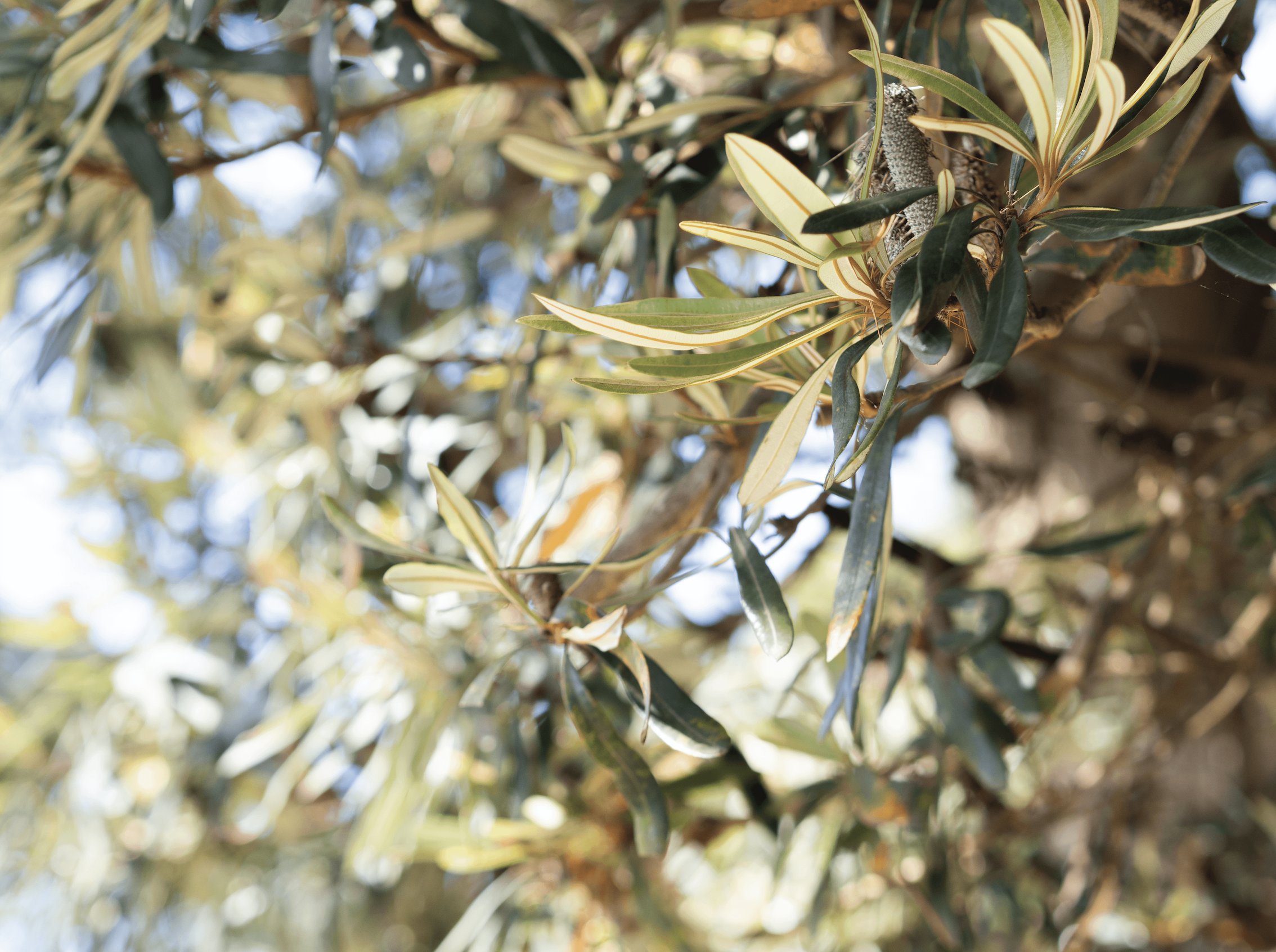
Growing Readers in a Distracted World
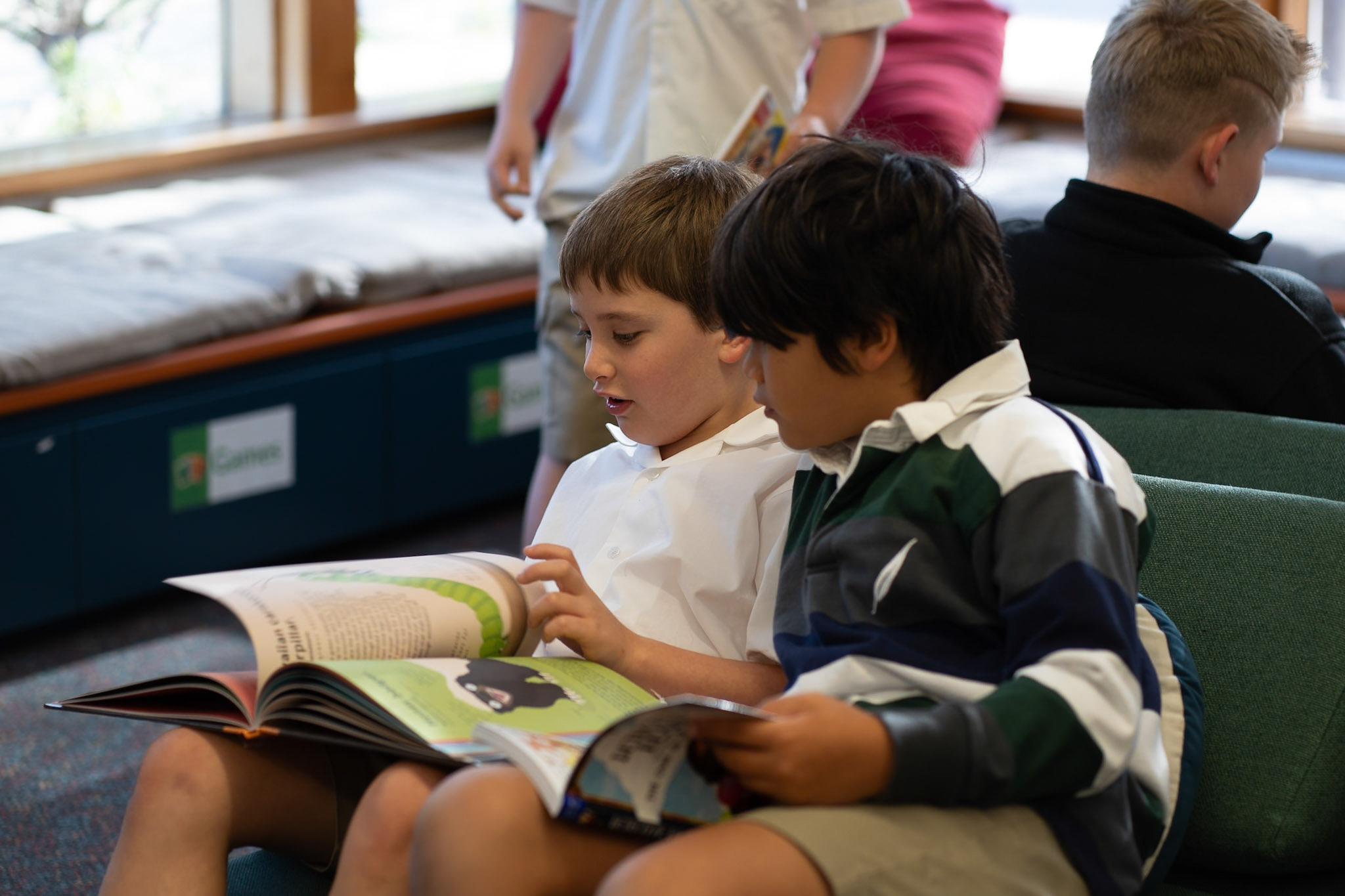

Share this article
In an age of constant distraction, when notifications compete with novels and scrolling often replaces storytelling, our library remains a haven for focus, curiosity and imagination. The heartbeat of the program is simple but profound: getting new and exciting books into students’ hands and helping them fall, deeply and lastingly, in love with reading.
In the midst of increasingly politicised debates about how children should learn to read, we must ask an important question. Is teaching children to read enough? Surely, we must also create the conditions in which they become readers, where they both want and choose to read.
Learning to read gives children access to written language, knowledge and the wider world. Becoming a reader though is something else. A reader doesn’t just decode letters and sounds; a reader seeks meaning and can see beyond the here and now. They develop empathy and critical thinking. Where literacy opens the door, becoming a reader invites you to walk through, find a comfy spot and stay for a while.
Each week, the library transforms into such a space where, once through the door, attention slows and stories come alive. Picture books spark laughter and empathy. Novels invite inquiry and discussion. Graphic texts draw in reluctant readers or those simply looking for something a little different. From Foundation through to Year 6, students are encouraged not only to borrow books, but to discover themselves as readers who are curious, reflective and courageous in their choices. They all have access to the same shelves, the same stories and the same opportunity to find magic.
If I could jump into any story, I'd go to Harry Potter because then I could get a wand from Ollivander's and I could turn my dad into a smoothie.
Libraries don’t spit out exactly what students ask for, they invite wandering and discovery. Even when a child comes looking for one book, they often leave with three they never expected, each one a doorway to new worlds and unexpected ideas. The shelves hold credibility and diversity of thought, rather than content driven by clicks. More than a room full of books, the library counterbalances the digital content designed for speed and sameness.
The library is a place where students develop holistically as learners. They make connections between stories and the wider world, share recommendations, craft reviews and experience the collective joy of a shared reading culture. Here, stories stretch the mind. Whether through read-alouds, literature circles or independent reading, students practise the art of focus. They give sustained attention to words, ideas and emotions, thereby expanding their understanding of what it means to be human.
I’d jump into Bear Grylls because it has lots of adventure in it.
Our learners demonstrate open-mindedness when exploring diverse authors and perspectives. They show principled thinking when reflecting on bias or voice in texts, and care when passing a favourite story to a classmate. They inquire deeply into authors’ craft and take risks by trying genres or formats outside their comfort zone.
In the library, attention is not something we lose; it is something we grow.Stories hold their power against digital noise, and every time a child leaves the library clutching a book they cannot wait to start, we know that power is alive and well.
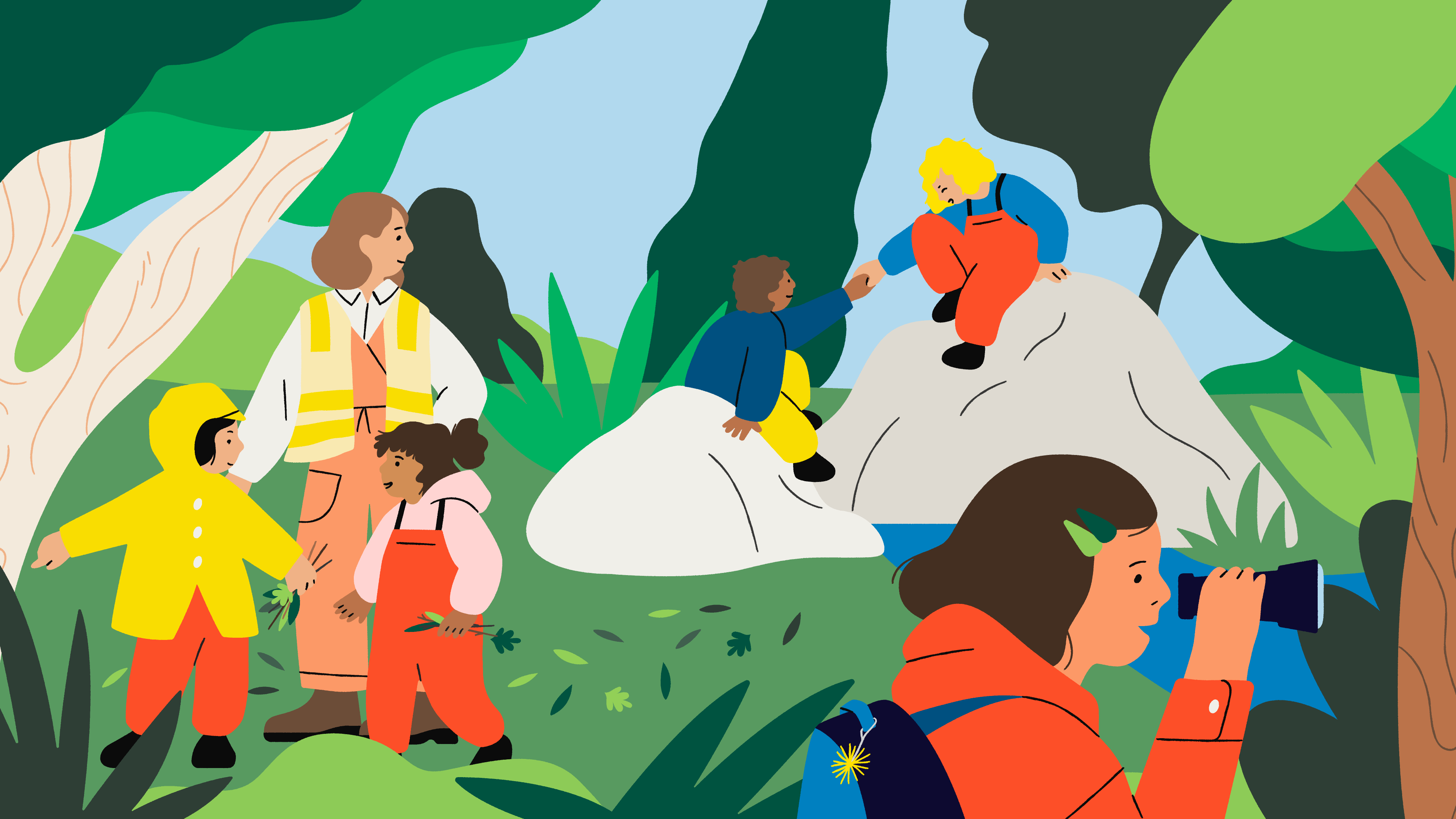
Stories from Woodleigh
For a glimpse into the academic and adventurous life of Woodleigh kids, jump in and take a look around the grounds...
Keep reading
More articles from Woodleigh School


Digital Technologies Teacher
AI does not need to be just a threat; it can be a powerful tool, a challenge and a huge opportunity to evolve the ways students think, learn and create.
Continue Reading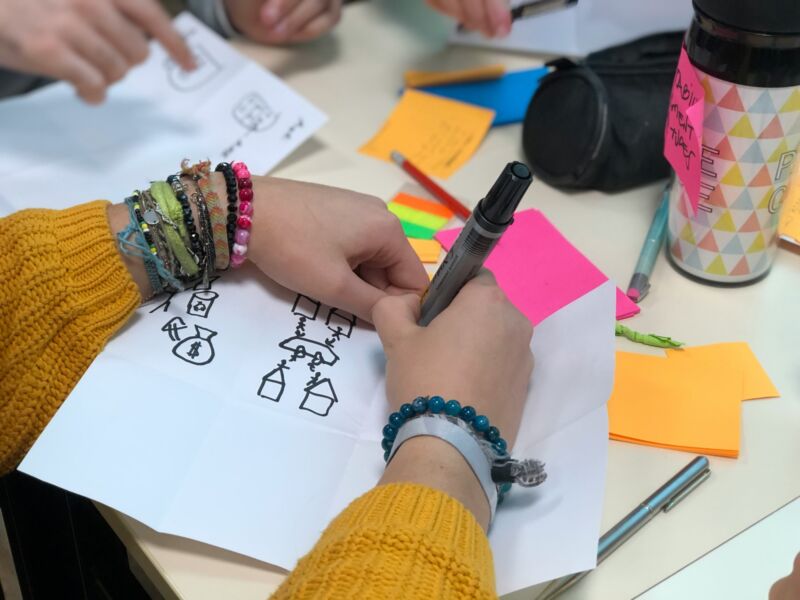

Homestead Co-ordinator, Mathematics and Physics Teacher
Cass Kitto teaches maths and physics at Woodleigh, where 2 plus 2 always equals 4. What happens when someone fluent in logic and precision applies that lens to human complexity?
Continue Reading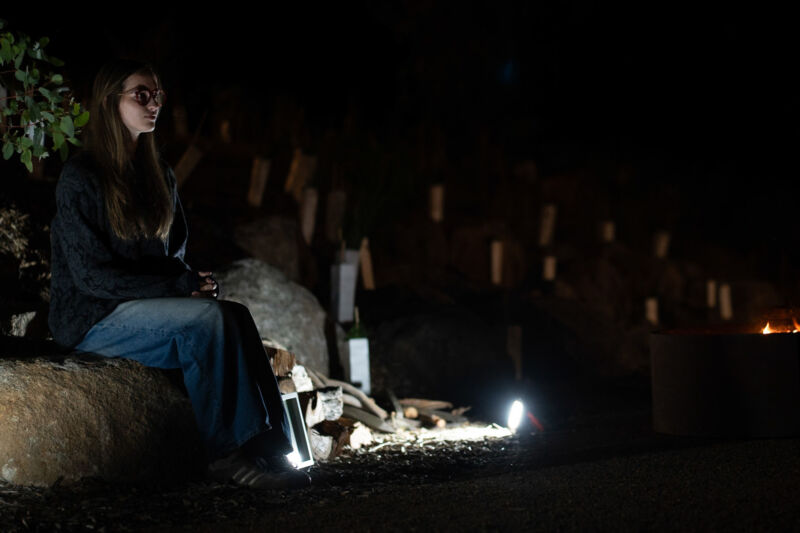

Communications Coordinator
Dropped into the desert. No teachers and no phones, all they have is each other. They carry what they need, sleep under the stars, walk, talk, sing, reflect and spend time alone. Quiet is the modern Rite of Passage.
Continue Reading